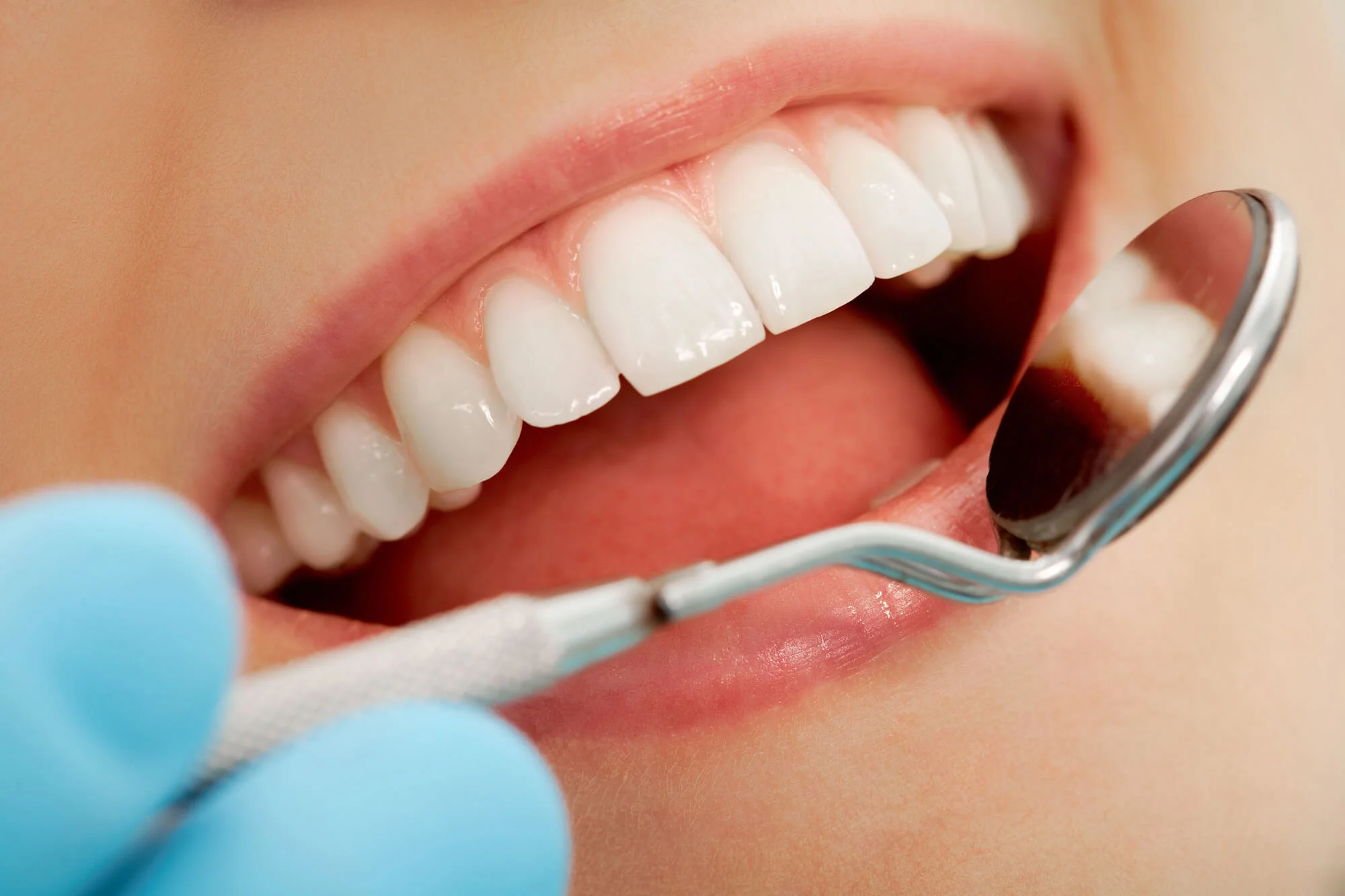
Why You Need a Crown After a Root Canal
September 23, 2024
If you’re experiencing severe tooth pain, sensitivity, or tenderness, a root canal treatment can offer the relief you need. With advanced dental care in Montgomery, AL, you can get an endodontic treatment and restore wellness and balance to your mouth.
However, a filling might not be sufficient to restore your tooth if the damage is significant. While any endodontist tries to preserve your natural teeth as much as possible, root canals may leave teeth brittle, requiring the extra structure to withstand chewing and eating functions.
Let’s explore why a crown is necessary after a root canal treatment.

How a Root Canal Impacts the Tooth’s Structure
An endodontist or dentist performs a root canal by making a tiny hole in the tooth and cleaning the pulp infection inside completely. After removing the damaged dental pulp, the tooth is refilled and sealed.
The best way to eradicate an infection and prevent additional damage and decay to a tooth is to remove all decayed and damaged material, including dentin, pulp, and enamel. Failure to take action may eventually result in tooth loss. The tooth becomes weaker after removing everything from the tooth chamber, making a crown placement necessary.
What Is a Dental Crown and Why Is it Necessary After a Root Canal Treatment?
A dental crown is a fitted cap used to restore a tooth damaged by trauma or decay. It is permanently bonded to the tooth to restore its size, shape, and appearance. A crown covers the tooth, protects it from further damage, and helps it withstand chewing forces. This is especially necessary after a root canal treatment, as it leaves the tooth more sensible and prone to damage.
A healthy tooth receives nourishment from its blood vessels and nerves, maintaining its stability and strength. The root is hollowed out during a root canal, weakening the structure. Furthermore, the filling material is not as durable as the tooth's natural enamel. The tooth may crack and become brittle, particularly when biting down on something hard.
A dental crown can keep what is left of the tooth in place and together, giving it enough strength to resist chewing. However, this vulnerability might be worse depending on your preferences, where the tooth is in your mouth, and its overall health. In these situations, your dentist might suggest a crown or other kind of restoration following the procedure to preserve the tooth.
When Is a Crown Essential?
A dentist frequently needs to place a crown over the tooth to lessen the chance of a fracture or crack. However, certain circumstances make it more necessary, such as:
Location
Whether or not a crown is appropriate for you depends on where the root canal was performed. According to research published in the Journal of Conservative Dentistry, back teeth with crowns, such as molars, have a lower risk of breaking or cracking in the years after receiving a root canal. So, if you recently had a molar root canal, your dentist might be more inclined to advise a crown.
Teeth Grinding
Patients who grind their teeth more frequently have a greater need for crowns. Because grinding puts additional strain on your teeth, getting a crown is more important to keep them from being ground down.
A crown adds support and strength, whereas a mouthguard can lessen the chance of fracture.

Benefits of Placing a Crown After a Root Canal
Even though a crown is not always necessary, there are still a lot of advantages:
- Strengthening a tooth that is weak and exposed.
- Improving the appearance of a tooth that is discolored, unevenly shaped, or of irregular shape.
- Making a molar last longer after a root canal.
- Lessening sensitivity when partial root canals are present.
- Strengthening your teeth against the strain of clenching, grinding, and chewing, and increasing security.
You should discuss with your endodontist whether a crown or another type of treatment would be more appropriate for you.
What Happens if Crown Placement Is Delayed?
The tooth may break if the patient experiences direct trauma or applies excessive force to the tooth while waiting for the final crown to be placed.
Research indicates that full-coverage crowns play a major role in the long-term success of root canal therapy. At a one- to five-year follow-up, crown-receiving teeth had a success rate of 92%, while crown-free teeth had a success rate of 35%. Because of that, most endodontists agree that getting a dental crown is the best course of action.
How’s the Process for Getting Crowns?
If you and your dental team agree that a crown is your best option, you should be aware of the timeframe for applying the crown. Placing the crown typically requires at least one more visit to a dental professional and maybe a long-term process, so here are some milestones to look out to:
- Tooth Preparation: Your dentist will first reshape your tooth by trimming it down to make room for the thickness of the crown.
- Impression Taken: Following appropriate tooth shaping, impressions are made with a digital scanner or a putty-like substance. After that, the impressions are forwarded to a dental lab, where a custom crown that closely resembles your real teeth in terms of size, shape, and color will be created.
- Temporary Crown Placement: Your dentist will place a temporary crown over your prepared tooth while a custom crown is being made, which may take a few weeks. This temporary crown preserves the tooth, preserves your bite, and keeps it functional.
- Final Crown Placement: When your custom crown is ready, you will visit the dentist again for the final fitting. The dentist will remove the temporary crown, clean the tooth, and assess how well the permanent crown fits and looks. Small changes could be made to guarantee a comfortable bite. Then, the crown is permanently bonded to your tooth.
After your crown is placed, your tooth is fully restored and ready for normal use.

Experience Advanced Dental Care in Montgomery, AL!
Even after a dental crown placement, you should guard your teeth against future decay. Follow your dentist’s instructions regarding oral hygiene, brush your teeth after every meal, and floss daily.
Moreover, it’s important to get regular check-ups to keep an eye on the condition of your teeth. Reach out to Parkside Dental Care and get an appointment!

%20(1).webp)

%20(1).webp)



.webp)




